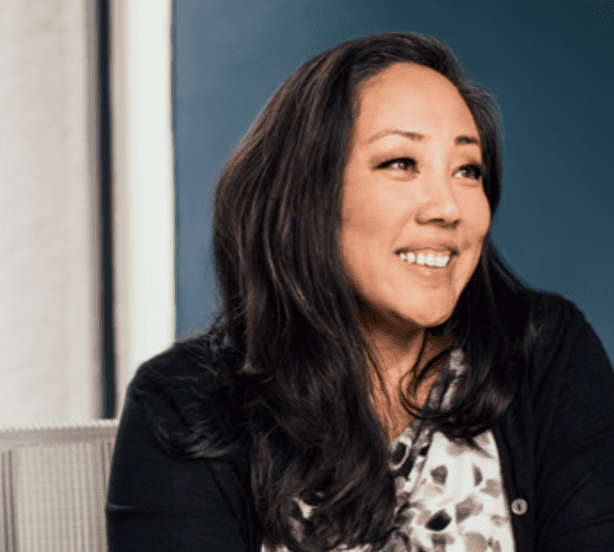Mieke Eoyang ’02: Advancing National Security
Mieke Eoyang ’02, who spent years working as a legislative aide specializing in national security issues on Capitol Hill, is currently the vice president for the national security program at Third Way, a think tank in Washington, D.C. In this role, she oversees a team that responds to the latest foreign policy crises and focuses on developing enforcement mechanisms to hold perpetrators of cyberattacks accountable for their crimes.
Q: Please describe your role at Third Way.
My team thinks about foreign policy, national security, and how to deal with a variety of threats to the country. Unlike other think tanks, one of the things my program does is focus on Congress’ role in national security policy making. This is unusual in Washington since most people think about these issues through the lens of the executive branch and what the president should do. This gives us a neat perspective.
Members of Congress often ask us to brief them on foreign policy issues. Because the world is so chaotic, we often need to respond to events like the crisis in Venezuela or the attacks against ships in the Strait of Hormuz. In such situations, we get called on to help draft amendments or give advice on the language in amendments that have already been drafted.
We spend about half of our time working on a cyber-enforcement initiative designed to improve the government’s ability to identify, stop, and punish the human behind mali- cious cyberattacks. People often forget that no vulnerability matters unless an attacker exploits it. We think that you should be able to impose consequences on the perpetrator and not just stop the attacks.
Because I sit at this intersection of politics and national security policymaking, I also frequently get called on by the media to explain current events that touch on my expertise.
Q: Do you find that your job has become more difficult given the ever-increasing partisan divide in D.C.?
I think the partisan divide makes it harder to identify the consensus strategies that are in the nation’s best interests as a whole, and I worry that policies adopted by one party will get changed as soon as the other party takes over. That’s really disorienting for our allies. It’s hard for them to trust America’s word if the other party’s going to renege on them immediately afterward.
Q: What gives you hope for the future?
When I started my career, there was real skepticism among Democrats that national security mattered. Today, however, a lot of people realize that it’s important to understand how our military and foreign policy work. There are a large number of recently elected members of Congress who have backgrounds in national security, and there’s broad agreement that we need to work on fixing things like the breaking of alliances and the ways some of our military interventions have been mismanaged.
Q: Describe your commitment to mentoring women in national security.
It’s an initiative I’ve worked on my entire career. My first job on Capitol Hill before UC Law SF was for Representative Pat Schroeder. She was a real champion for women in national security and authored amendments that repealed restrictions on women in combat.
As I advanced in my career, I encountered other women in the field and we began sharing common professional chal- lenges. We recently launched the Leadership Council on Women in National Security. The organization got 15 of the presidential campaigns to commit that, if elected, they would seek gender parity in their national security political appoint- ments. This is particularly important because it is only fairly recently that women have been able to serve in combat roles and therefore relatively new to see women being viewed as legitimate national security leaders. Today, you have a military and a national security establishment that could not function without those women.
Q: How did UC Law SF prepare you for your post–law school career?
My time at UC Law SF was pretty tumultuous. As student body president, I presided over a couple of controversies involving the school’s student activities fund and an on- campus political debate. Were it not for the First Amendment seminar I took with Professor Faigman [now chancellor and dean of UC Law SF], I never would have known how to han- dle them. At UC Law SF there are a lot more opportunities to address social change and put your legal education into practice than might be immediately apparent. And I encourage students to take advantage of that. Your experience doesn’t have to be exclusively academic.
